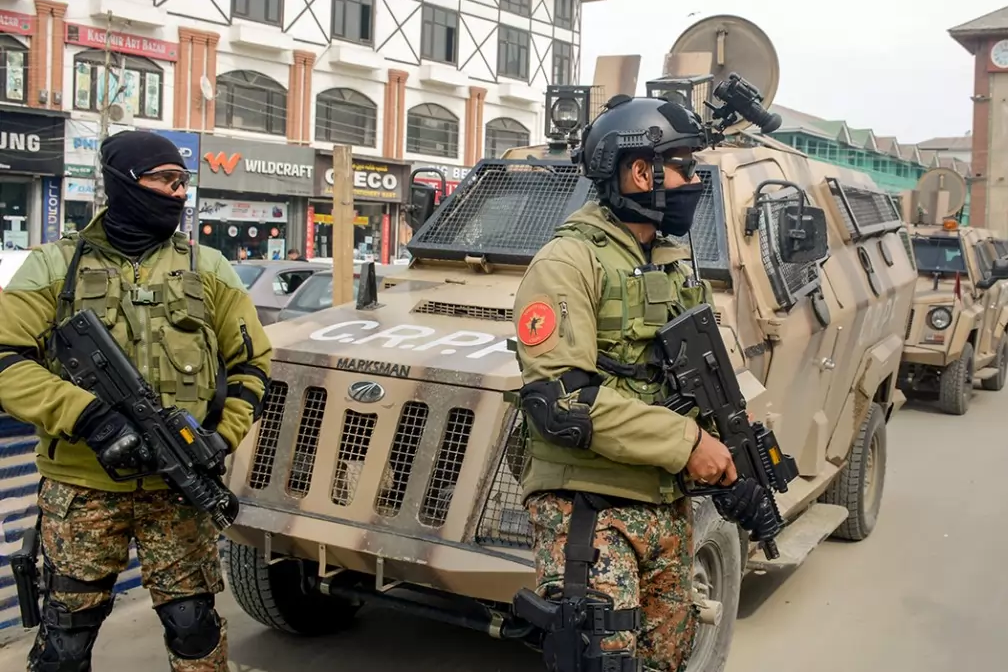The Centre has ordered the deployment of three Central Reserve Police Force (CRPF) battalions in the Jammu region as part of a major security rejig to strengthen the counter-terrorism grid, official sources confirmed on Thursday.
The CRPF units will take over responsibilities from the Rashtriya Rifles (RR) of the Indian Army in Udhampur and Kathua districts, while the Army formations will be reassigned to new tasks, primarily strengthening security along the Line of Control (LoC) with Pakistan and the Line of Actual Control (LAC) with China.
Part of a New Security Blueprint
According to officials, the move is part of a larger security strategy where hinterland areas are gradually being handed over to forces under the Union Home Ministry. This will allow the Army to focus on its primary role of defending borders.
Each CRPF battalion will have an operational strength of about 800 personnel, and the three battalions earmarked for this task have been handpicked from units with proven experience in counter-insurgency and counter-terror operations. They are being equipped with modern weapons, secure communication systems, and armoured vehicles, the sources said.
Once deployment is complete in Udhampur and Kathua, more such districts — including some parts of the Kashmir Valley — are expected to be transitioned to CRPF control.
Army Infrastructure to be Utilised
The CRPF will operate from the existing Army infrastructure and assets, ensuring a smooth handover and continuity of security operations.
Security in the Jammu region has been in focus in recent years following multiple terror attacks and increased militant movement in its forested belts. Of the 2,289 km India-Pakistan International Border (IB), about 485 km lies in Jammu, along with a stretch of the LoC, making the region strategically sensitive.
Post-Article 370 Security Shift
The Centre has been working on this new security blueprint for nearly two years, officials said. The plan follows the “improved ground situation” after the abrogation of Article 370 in August 2019, which ended Jammu and Kashmir’s special status and allowed for direct governance by the Union government.













